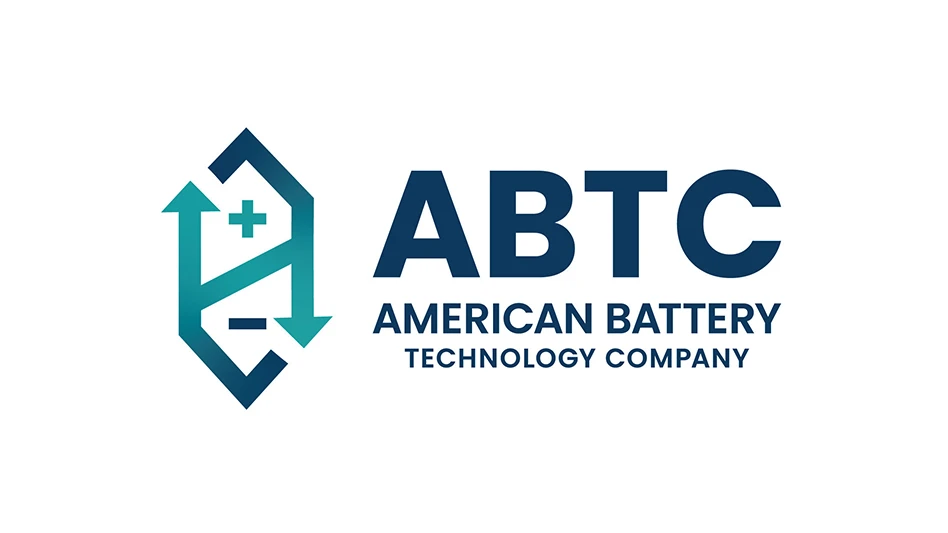It seems that the world, at least the business part of it, is getting smaller. The rash of megamergers continues at warp speed. Consider that in the past few months, several blockbusters have sent shock waves through the financial markets. Before Wall Street could catch its breath after one odds-defying marriage of companies, it was topped a few days later by another and a few days after that by yet another.
The price tags on these mergers, proposed and actual, are daunting. The proposed deal between Citicorp and Travelers Group is estimated at $72.6 billion. SBC Communications Inc.’s plan to acquire Ameritech is tagged at $62 billion. And, the anticipated marriage between Daimler-Benz and Chrysler would cross the finish line at a “paltry” $38 billion. Presumably, the monopoly busters in the federal government and company shareholders will give the green light to most if not all of these deals. Consumers driving an $11,000 Plymouth Neon may soon be able to brag that their car is really a Mercedes and is built by the same company that makes the $135,000 S600.
But mergers go far beyond bragging rights. What is really fueling the mergers and consolidations taking place in the marketplace? How do they come about? Are mergers simply a matter of companies seeking ways to make more money more efficiently? Or are more complex forces at work?
Recycling Today sought the answers to these and other questions as it applies to the scrap and recycling industries. The magazine’s editors journeyed to the corporate headquarters in Chicago of one of the biggest consolidation players in the scrap and recycling industries – Metal Management Inc. – and spoke face to face with its top executives. What they told us, including how consolidation will affect your business, can be found in this issue’s cover story.
There are more than dollars and bottom lines involved in any merger with Metal Management. The executives we spoke with emphasized business philosophy, personalities and ethical behavior as all being crucial to the merger process.
And what will be the result of the merger trend in the scrap and recycling industries? Will competition for product and price be adversely affected? Just as the banking and automobile industries appear likely to be controlled by a few large consolidators, so too does the scrap recycling industry, according to one of Metal Management’s executives.
Mergers or not, increasing efficiency can benefit any scrap or recycling operation. To help you in this regard, we offer in this issue the 1998 installment of Recycling Today’s Scrap Handler Guide. This year’s Guide emphasizes the latest trends in scrap handling with respect to selecting the handler and platform that’s right for your operation. Particularly helpful, is our chart designed to eliminate the “attachment anxiety” that frequently accompanies buy-no buy decisions.
You’ll also want to read about the latest opportunities in the computer and electronics recycling sectors. Not to be overlooked is part two of our Material Recovery Facility series. Find out what the Weyerhaeuser MRF in Itasca, Ill. is doing to earn the title “paper tiger.”

Explore the August 2001 Issue
Check out more from this issue and find your next story to read.
Latest from Recycling Today
- SWACO rolls out new commercial recycling and food waste programming
- Updated: Matalco to close Canton, Ohio, plant
- Metso launches electric Anode Weighing and Casting Machine
- Circular by Shapiro releases '5 for Five' sustainability series
- Graphic Packaging set to close Ohio CRB facility
- Ameripen voices support for Maryland EPR bill
- Maryland county expands curbside recycling to include electronics
- California EPS ban will be enforced






